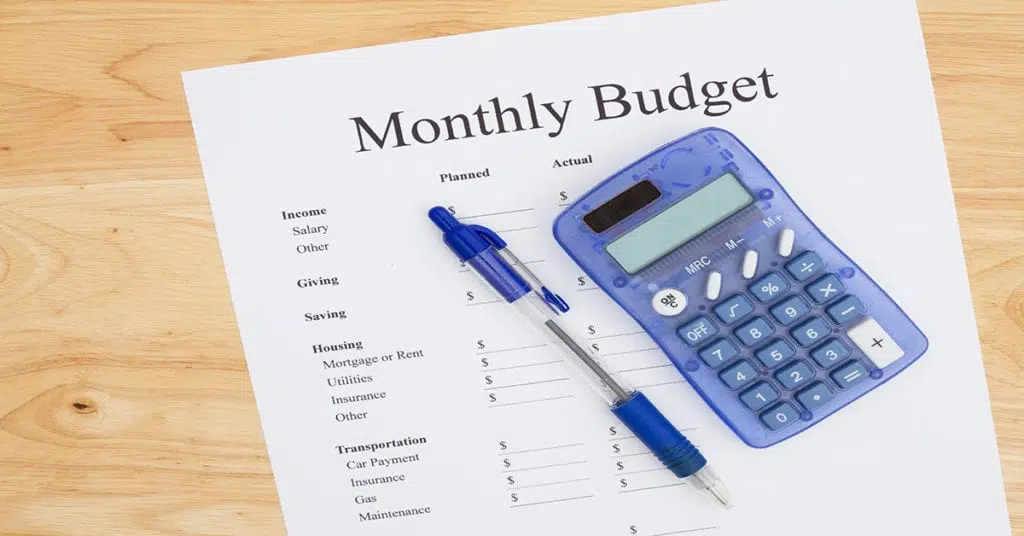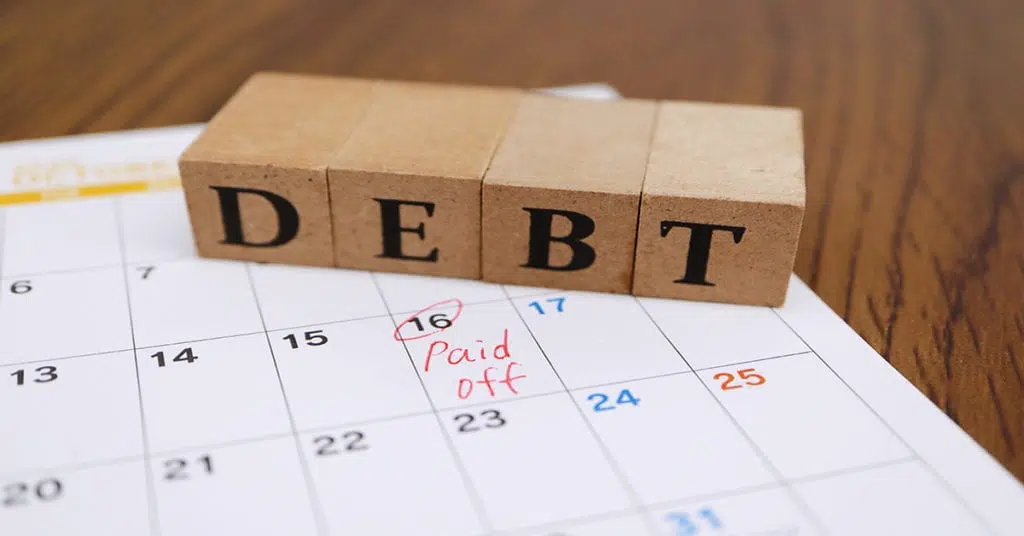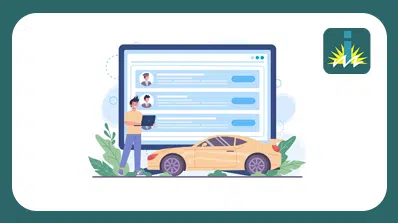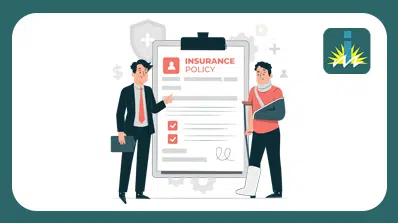
Congratulations! You just landed your first job, and with that comes a real paycheck. Your first salary is the reward for all the hard work you put into your new job and the initial job hunt. It also marks the beginning of new responsibilities and financial considerations. Now that you’re done with school, you’ll probably have bills to pay and maybe larger goals in life. If you’re currently unsure of how to divide your first paycheck, here are our suggestions on how you can manage your money wisely.
1. List down your goals

Having a list of clear and realistic goals will remind you why you are embarking on a particular financial journey. The more specific your goals are, the greater chance you’ll be motivated to stick with them. Hence, they should be measurable, specific, and time-oriented. For example, instead of saying that you’ll buy a car in the future, be detailed instead on the color, make, and model of the vehicle you want, as well as the date you want to purchase it.
2. Follow the 50/30/20 rule

Ideally, as stated in the book “All Your Worth: The Ultimate Lifetime Money Plan” by Elizabeth Warren, the basic rule is to divide after-tax income, spending 50% on needs (groceries, rent, utility bills) and 30% on wants (travel, dining out, entertainment) while allocating 20% to savings, investments, and insurance.
Fortunately, with MICI, there’s no need to exhaust all the remaining 20% of your salary to insurance. With its affordable policies, you can find one that will fit into your budget. For instance, MICI’s Personal Accident Insurance price starts at ₱45 with basic coverage valid for one (1) year. If you want a more comprehensive plan, you can customize it by adding benefits and riders as you deemed necessary.
3. Pay off your debts

Debt is not always bad. If managed well, it helps people achieve their personal goals. Maybe getting that loan before helped you finish your education or even paid for your job-hunting expenses. However, debt becomes bad when you owe money and cannot pay it back on time.
Managing debt seems tricky, but don’t let it overwhelm you. You can start by creating a get-out-of-debt-plan. Make a timetable to know how long it will take you to pay off your credit. It’s important to prioritize the ones with the highest interest rate first. Also, as much as possible, avoid delays or missed payments to reduce your stress, save you money, and boost your credit score.
4. Build your emergency fund

Time is money. The earlier you start, the more time your money has to grow — giving you a much bigger cushion when something goes wrong. Saving up between three to six months’ worth of your living expenses is a smart way to prepare for a financial emergency. Your emergency fund can be used during unfortunate occasions like a job loss, unexpected medical expenses, and home repairs.
5. Invest in MICI insurance products

At this point in your life, the most important asset you have is your ability to work and improve your career in the years ahead. Therefore, no matter how busy being a young adult can get, taking the time to invest in yourself is essential. By getting insured, you are protecting yourself from inherent risks that can rob you of your capability to earn and provide for your family. Common insurance products to consider at this point include MICI’s personal accident insurance and phone insurance to make sure that you can deliver the requirements needed from you for your first job.
To start your independence journey with MICI’s affordable basic insurance plans, go to https://miciph.com/shop/. Or learn how you can protect your future self from unexpected liabilities with our flexible, tailor-made solutions by inquiring at https://miciph.com/get-a-quote/.




